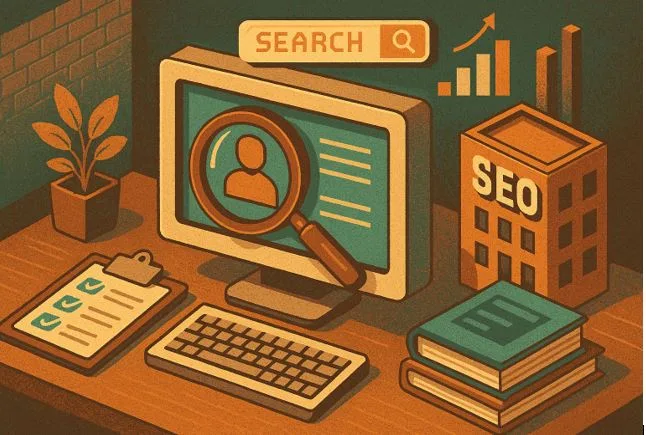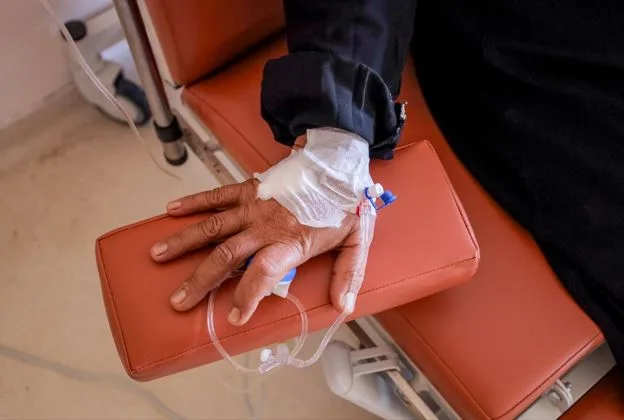How to Prevent Costly Plumbing Repairs During Winter
Winter brings a unique set of challenges for homeowners. While we focus on staying warm indoors, our home’s plumbing system is often left to battle the cold on its own. A sudden drop in temperature can lead to frozen pipes, burst lines, and water heater failures, resulting in significant damage and costly repairs. The good news is that with a little proactive maintenance, you can protect your plumbing and ensure it runs smoothly all season long.
Taking a few simple steps before the coldest weather arrives can save you from the headache and expense of a winter plumbing emergency. This guide will walk you through essential tips to winterize your plumbing system, from insulating pipes to scheduling professional inspections. Preparing your home now is the best defense against the damaging effects of the cold.
Why Winter is Tough on Your Plumbing
Water expands when it freezes. This simple scientific fact is the primary reason winter is so harsh on your plumbing. When water inside a pipe turns to ice, it expands and puts immense pressure on the pipe walls. Whether your pipes are made of metal or plastic, this pressure can be enough to cause a crack or even a complete rupture.
A burst pipe isn’t just an inconvenience; it can lead to severe water damage, mold growth, and structural issues that are incredibly expensive to fix. Even in areas with milder winters, an unexpected cold snap can catch unprotected plumbing systems off guard. This is why preventative care is so crucial. A reliable Plumber will tell you that an hour of prevention is worth days of repairs.
1. Insulate Pipes in Vulnerable Areas
One of the most effective and affordable ways to prevent frozen pipes is to insulate them. Focus on pipes located in unheated areas of your home, as these are the most susceptible to freezing.
- Where to Insulate: Check your attic, basement, crawl spaces, and garage. Pay special attention to pipes located along exterior walls.
- What to Use: Pipe sleeves made from foam or fiberglass are easy to install and readily available at hardware stores. Simply cut the sleeve to the length you need and wrap it around the pipe. For extra protection, you can use electrical tape to secure the insulation.
- DIY Tip: In a pinch, even old towels or blankets can be wrapped around pipes to provide a temporary layer of insulation during a sudden cold front.
2. Seal Air Leaks Around Your Home
Cold air that seeps into your home can create localized cold spots that put your pipes at risk. Inspect your home’s exterior for any cracks or holes that could allow cold drafts to reach your plumbing.
Look for gaps around outdoor hose bibs, through foundation walls, and near dryer vents. Use caulk or spray foam insulation to seal these leaks effectively. This not only protects your pipes but also improves your home’s overall energy efficiency, which can help lower your heating bills.
3. Disconnect and Drain Outdoor Hoses
Before the first freeze, it’s essential to disconnect all garden hoses from your outdoor faucets, also known as hose bibs or spigots. Any water left in a hose can freeze and expand, creating pressure that travels back into the pipes inside your home’s walls, leading to a burst.
After disconnecting the hose, make sure to drain it completely before storing it for the winter. If your home has separate shut-off valves for outdoor faucets, turn them off and then open the spigots to allow any remaining water to drain out.
4. Maintain Your Water Heater
Your water heater works harder during the winter to provide the hot water your household needs. To ensure it operates efficiently and reliably, perform some basic maintenance.
- Check the Temperature: The recommended setting for most water heaters is 120°F. This temperature is hot enough to prevent bacterial growth but safe enough to avoid scalding risks.
- Flush the Tank: Sediment and mineral buildup at the bottom of the tank can reduce your water heater’s efficiency and lifespan. Flushing the tank annually removes this buildup. While this can be a DIY job, many homeowners prefer to have it done by a professional plumber in Los Angeles to ensure it’s done correctly and safely.
- Test the Pressure Relief Valve: This valve is a critical safety feature. Test it to make sure it functions properly and is not stuck.
5. Keep the Heat On
If you plan to be away from home for an extended period during the winter, resist the temptation to turn off your heat completely to save money. A complete lack of heat leaves your plumbing system entirely vulnerable to freezing.
Set your thermostat to at least 55°F (13°C). This will provide enough ambient warmth to protect your pipes from freezing. For added protection, you can open cabinet doors under sinks to allow warm air from the house to circulate through the plumbing.
6. Know What to Do in an Emergency
Even with the best preparation, emergencies can happen. Knowing how to respond quickly can minimize damage.
- Locate Your Main Water Shut-Off Valve: Every adult in your home should know where the main water shut-off valve is and how to turn it off. In the event of a burst pipe, shutting off the water supply immediately is the most important step you can take.
- Thaw a Frozen Pipe Safely: If you suspect a pipe is frozen (usually indicated by a trickle of water or no water at all from a faucet), you can try to thaw it. Use a hairdryer on a low setting, a heating pad, or towels soaked in hot water. Never use an open flame, like a blowtorch, as this creates a serious fire hazard and can damage the pipes.
Call in the Professionals for Peace of Mind
While these DIY tips are effective, nothing beats a professional inspection for complete peace of mind. A licensed plumber can identify potential problem areas you might overlook, from hidden leaks to failing components. Scheduling a winter plumbing inspection is a smart investment that can save you thousands in potential damage.
A professional Plumber Los Angeles can provide comprehensive services, including pipe insulation, water heater maintenance, and drain cleaning, ensuring your entire system is ready for the cold. Don’t wait for a disaster to strike.
Winterizing your plumbing is an essential part of responsible homeownership. By taking these proactive steps, you can protect your property, avoid costly repairs, and ensure your home remains a warm and comfortable sanctuary all winter long.
If you need help preparing your plumbing for winter or require emergency service, contact MAP Plumbing and Rooter today. Their expert technicians are ready to provide thorough inspections and reliable solutions to keep your system safe and functional.





